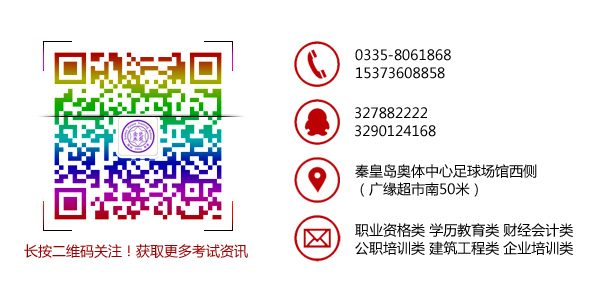1. monopoly [mə'nɒp(ə)lɪ]
n. 垄断;垄断者;专卖权
Women do not have a monopoly on feelings of betrayal. 背叛感并非是女人独有的。
2. strive [straɪv]
vi. 努力;奋斗;抗争
He strives hard to keep himself very fit. 他努力使自己保持非常的健康。
3. adapt [ə'dæpt]
vt. 使适应;改编;适应
The world will be different, and we will have to be prepared to adapt to the change. 这个世界将会不同,所以我们必须准备好适应变化。
4. contempt [kən'tem(p)t]
n. 轻视,蔑视;耻辱
He has contempt for those beyond his immediate family circle. 他对自己直系亲属以外的人都心怀蔑视。
5. exhaust [ɪg'zɔːst]
v. 排出;耗尽;使精疲力尽;彻底探讨
We have exhausted all our material resources. 我们已用完了所有的物资。
6. forecast ['fɔːkɑːst]
vt. 预报,预测;预示n. 预测,预报;预想
Sometimes the weather forecast is accurate, sometimes not. 天气预报有的时候准,有的时候不准。
7. mutual ['mjuːtʃʊəl]
adj. 共同的;相互的,彼此的
The East and the West can work together for their mutual benefit and progress. 东西方可以为互惠和进步而合作。
8. nowhere ['nəʊhweə]
adv. 无处;任何地方都不;毫无结果n. 无处;任何地方;无名之地adj. 不存在的;毫无结果的;不知名的
This kind of forest exists nowhere else in the world. 这种森林在世界任何其他地方都没有。
9. preferable ['pref(ə)rəb(ə)l]
adj. 更好的,更可取的;更合意的
Prevention of a problem is always preferable to trying to cure it. 防止出现问题总是比试图解决问题更可取。
10. reinforce [riːɪn'fɔːs]
vt. 加强,加固;强化;补充
The delegation hopes to reinforce the idea that human rights are not purely internal matters. 代表团希望巩固人权不完全是国家内政的观念。
